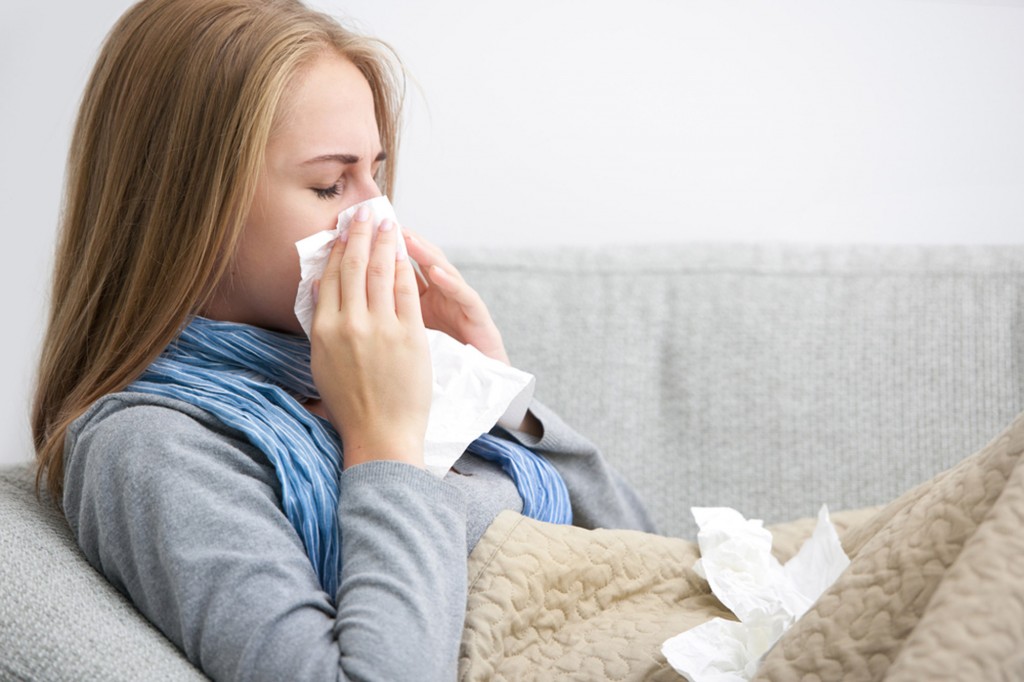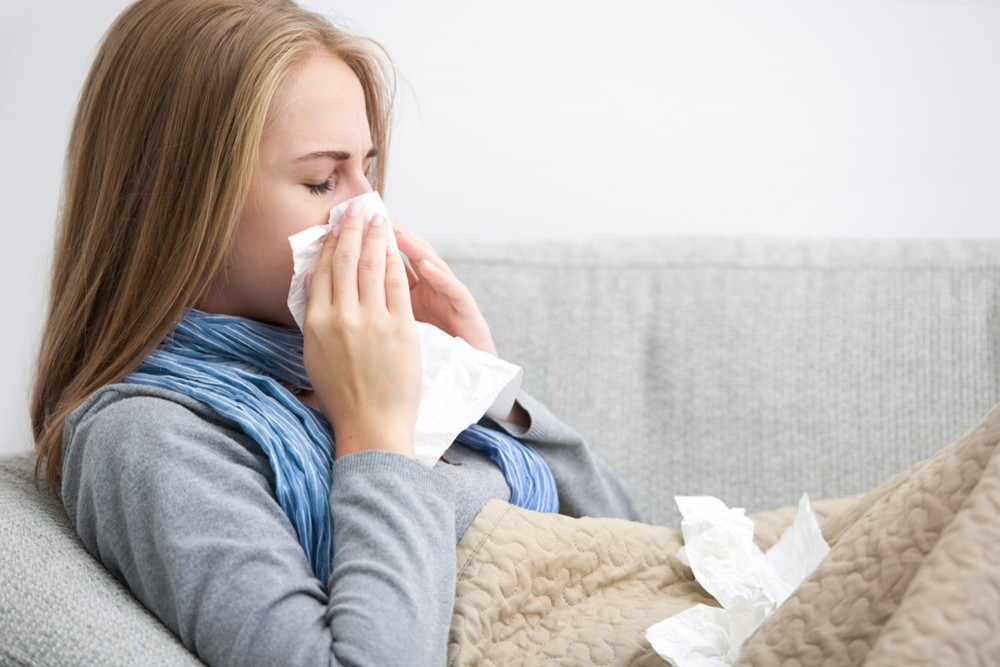
In some ways this could simply be indicative of precisely how unpredictable the flu virus can be every year. You see, there are three strains of influenza virus. Two of them are not so severe, but the third one can troublesome.
Every year, scientists attempt to anticipate which of the three strains will be the dominant one of the season. Most of the time, vaccine engineers are accurate—for the most part—and develop a vaccine successful at preventing widespread influenza infection.
The past couple of years, though, have not been easy and Americans faced some of the more dangerous infections we have seen in some time.
It could also be argued, though, that perhaps prevention efforts this year have been effective. Maybe all the people who have received their flu vaccine this year have, in face, contributed to a herd immunity (the idea that the more members of a population are immune, the less likely those more vulnerable will become infected).
Maybe this is simply a matter of convenient circumstances; perhaps this is a year of weaker strains and better vaccinations, for example.
Regardless of what this means, however, there is still time to get your flu vaccine. Indeed, health officials all over the country continue to advise adults to get a flu vaccine no matter how late into the season we may be.
Of course, health officials are also advising—as they always do—that everyone take precaution during flu season. It is not always enough to get your flu shot. Washing your hands properly can help reduce risk for infection, not just for you but also for your family.
Statistics show that young children and the elderly are the most vulnerable to the flu because they have weaker immune systems (and this includes, then, those who might also have weaker immune systems from certain health conditions or from chemotherapy, for example).
Thus, getting your flu shot and doing what you can to minimize exposure to germs will help to continue the health of your family and loved ones (now, and all year long).








